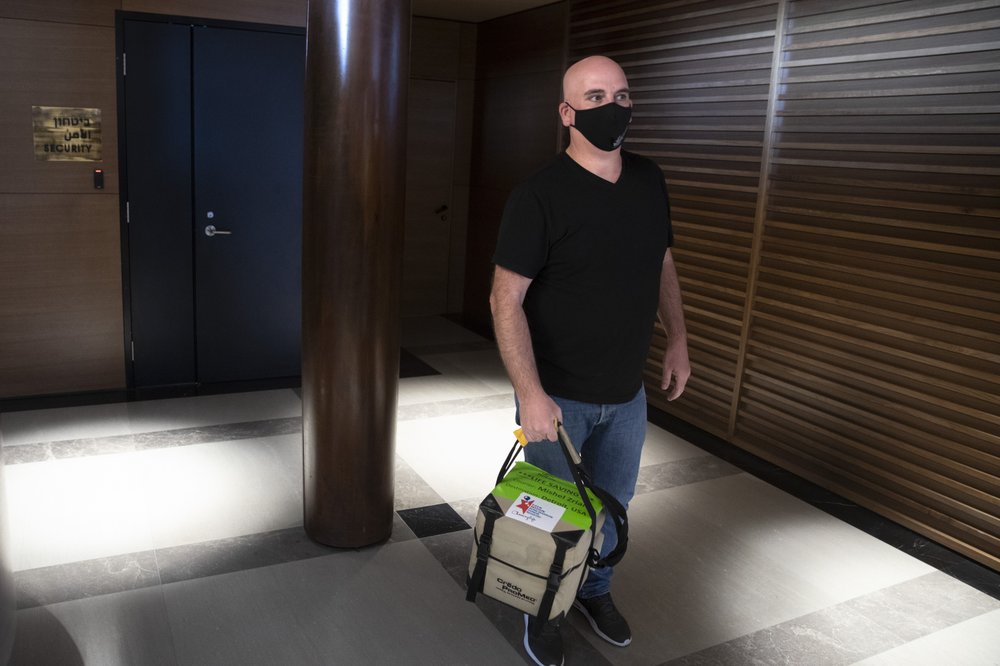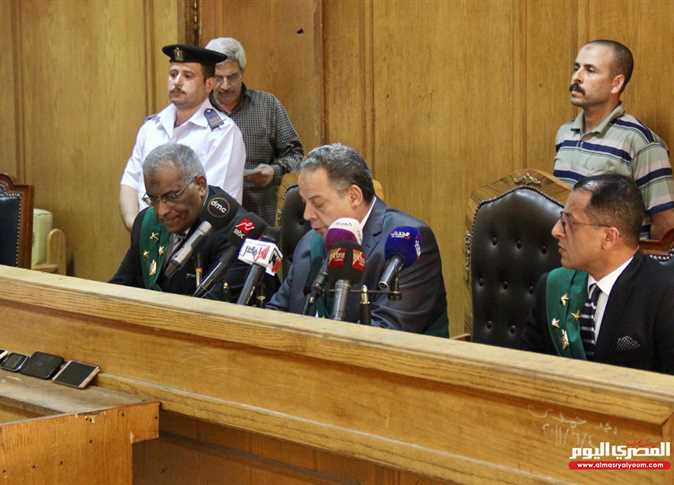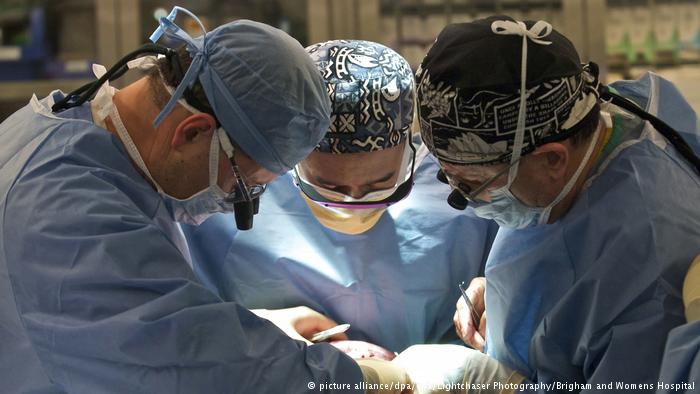New legislation aimed at curbing the illegal traffic of human organs has been criticized by some experts who fear it will serve to give the practice a degree of legal cover in Egypt. With this in mind, Al-Masry Al-Youm hit the streets to find out what average Egyptians thought of the new law, which was approved by parliament last month.
Shawky Marzook, 48, fruit vendor: “The government is simply approving another law in the interests of the wealthy elite, deliberately ignoring the potentially negative effects that could result in a poor country like Egypt. People will run to sell their kidneys or livers, unaware of the risks involved.”
Ehab Mohamed, 35, pharmacist: “The law could save the lives of thousands of patients legitimately in need of organ transplants. It’s better to legalize the practice since the illicit trade of human organs often ends up harming the donor.”
Mamdouh Abdel GhalilI, 55, newspaper kiosk owner: “I’m not against the law. If the donor is falling into poverty and in good health enough to survive on only one kidney, what’s wrong with selling the other one? He has no other choice, besides stealing.”
Abdel Fatah Ossman, 39, store owner: “If the government really regulates organ transplants and imposes severe punishments on violators, I suppose the law could be beneficial for patients. The problem is that the government never keeps its promises."
Faten Sayeed, 27, engineer: “This law will have the effect of turning Egypt into an official organ market. The wealthy–be they from Egypt or the gulf–will purchase the organs of the poor, exploiting the latter’s desperate need for money.”
Moataz Darwish, 42, employee: “I think the law will save hundreds of thousands of patients. Maybe some people will exploit the opportunity to make money, but this is what the government pushes people to do anyway by leaving them poverty stricken."




